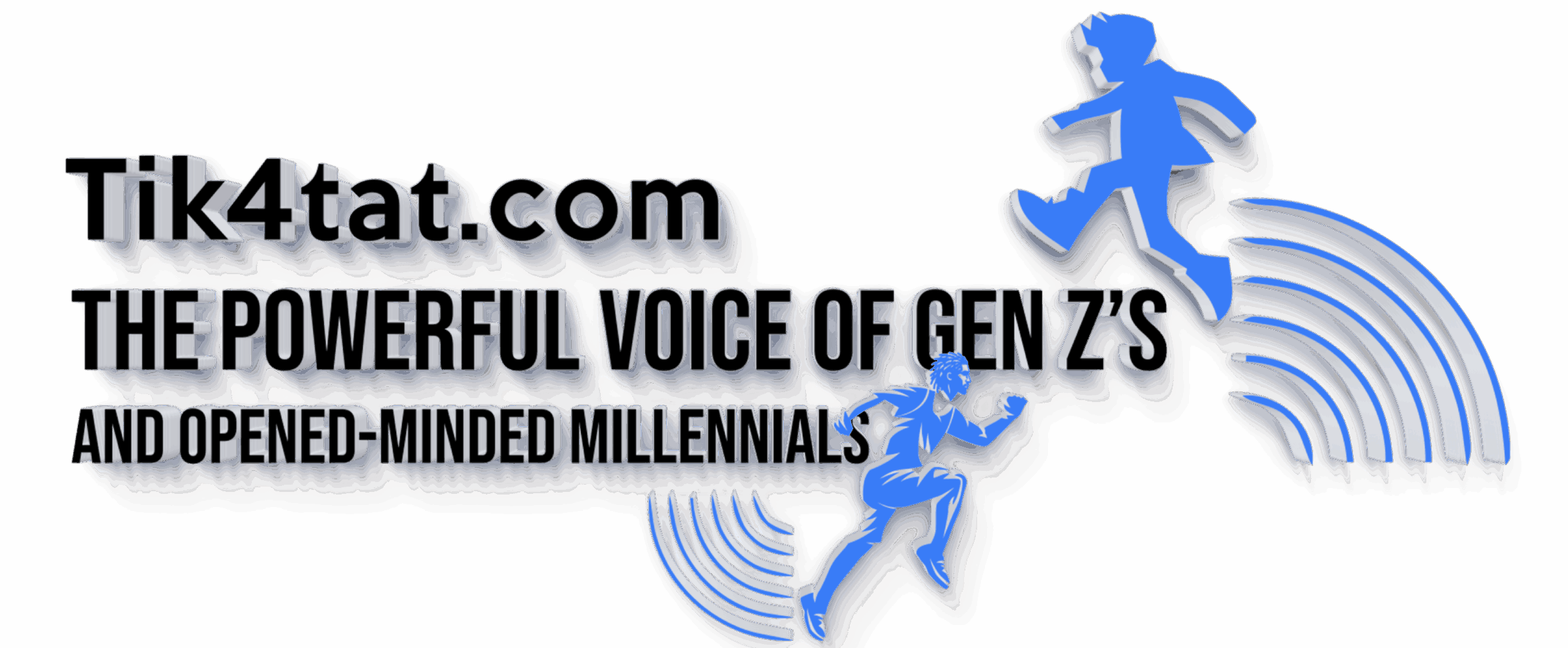Generation Z’s and Millennials’ Healthcare Access Concerns: A Growing Crisis

Generation Z’s and Millennials’ Healthcare Access Concerns: A Growing Crisis
As the world grapples with the challenges of healthcare accessibility, two generations are disproportionately affected: Generation Z (born between 1997 and 2012) and Millennials (born between 1981 and 1996). These young adults face unique healthcare access concerns that threaten their well-being and financial stability.
*Lack of Affordable Options*
The most significant concern for Gen Z and Millennials is the lack of affordable healthcare options. Many are struggling to make ends meet, with high levels of student loan debt, rising housing costs, and stagnant wages. When faced with unexpected medical expenses, they often must choose between paying bills or seeking medical attention.
*Mental Health Stigma*
Mental health is another critical issue for these generations. Gen Z and Millennials are more likely to experience anxiety, depression, and suicidal thoughts than previous generations. However, the stigma surrounding mental health prevents many from seeking help.
*Reproductive Healthcare*
Reproductive healthcare is a significant concern, particularly for women. Gen Z and Millennials face barriers in accessing birth control, abortion services, and maternal healthcare. These challenges are exacerbated by political and social debates surrounding reproductive rights.
*Chronic Illnesses*
Chronic illnesses, such as diabetes, asthma, and autoimmune disorders, are increasingly prevalent among young adults. Managing these conditions requires ongoing medical care, which can be costly and difficult to access.
*Solutions and Support*
To address these concerns, we need to work towards:
1. *Affordable healthcare options*: Expand Medicaid, improve the Affordable Care Act, and promote employer-sponsored health insurance.
2. *Mental health resources*: Increase funding for mental health services, reduce stigma through awareness campaigns, and provide accessible therapy options.
3. *Reproductive healthcare access*: Protect and expand reproductive rights, ensure access to birth control and abortion services, and support maternal healthcare.
4. *Chronic illness management*: Improve healthcare infrastructure, increase funding for research, and provide affordable treatment options.
*Conclusion*
Generation Z’s and Millennials’ healthcare access concerns are a pressing issue that requires immediate attention. By understanding the unique challenges faced by these generations, we can work towards creating a more inclusive and supportive healthcare system. It’s time to prioritize their health and well-being, ensuring a brighter future for all.
tik4tat research team


